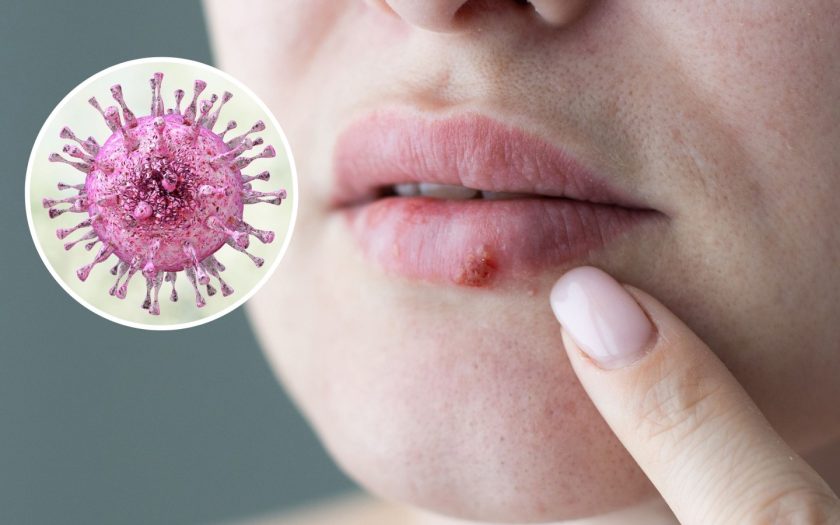Following to personal hygiene practices.
The herpes virus is extremely resilient to environmental influences and can survive even in conditions unfavorable to other viruses. For the destruction of virions at a temperature of 99.50℉ (37,5C), it takes 20 hours, while at 122.0℉ – 125.6℉ (50C-52C), the virus survives for 30 minutes. It’s important to remember that the virus can also persist on surfaces for extended periods, such as metal handles, coins, and other objects commonly touched by people in everyday life. For example, the herpes virus can survive on metal surfaces for up to 2 hours, on plastic for 3 hours, and on moist soft materials (bandages, cotton, towels) until completely dry.
People with poor personal hygiene provide an ideal environment for the growth of microbes, making them vulnerable to infections. Therefore, remember to always wash your hands with soap as soon as you come home. Never use someone’s cosmetics and don’t allow anyone to use yours. For instance, testers in stores contain a significant number of pathogenic microorganisms and viruses, some of them are much more dangerous than herpes. Also, use condoms as a contraceptive method, especially with a new or casual partner. If your acquaintances or close people have exacerbation of herpes, limit contact with them and avoid close contact, especially kissing.
Vitamin Intake.
When you are infected with herpes virus, it can affect areas not only the lips, but other parts of the body too, and in some cases, it can lead to the development of serious illnesses. Taking care of your immune system can reduce the risk of infection rush.
Taking vitamin D (Alpha D3) can help the body fight viruses. It’s crucial to determine the correct dosage for herpes virus prevention. So, it’s necessary to take tests and consult a doctor before taking it. Zinc is another helper in fighting the herpes virus. A minimum daily requirement of it is 25 mg. Clinical studies have shown that the amino acid lysine also inhibits the replication of the virus. Lysine increases the quantity and activity of neutrophils — white blood cells that participate in the immune defense of the body. Note that self-medication can lead to various complications, so it’s essential to consult with a family doctor beforehand.
Don’t allow the development of Chronic Stress.
When stress becomes chronic, what means you stay in stressful situations for months, it can suppress the immune system. Prolonged stress leads to excess cortisol production, making cells resistant to it. Research shows that people experiencing regular stress are more prone to herpes outbreaks.
To calm the nervous system, medication (Relaxedin), meditation and exercise are recommended. Meditation can slow down heart rate and breathing, lower blood pressure and oxygen consumption, and even alter skin temperature. By meditating, cortisol and adrenaline levels can be reduced, as well as easing inflammatory processes.
If the herpes virus has already penetrated the body, or you know you are a carrier, it’s necessary to avoid situations that can activate it: intense emotional tension, stress, excessive physical exertion and exhaustion, excessive exposure to direct sunlight, and overcooling the body, as these can lead to outbreaks of infection.
All these recommendations are relatively easy to implement and generally aimed at enhancing the protective function of the body. They are beneficial for those people who have herpes and individuals, who want to protect themselves from this age-old disease.

